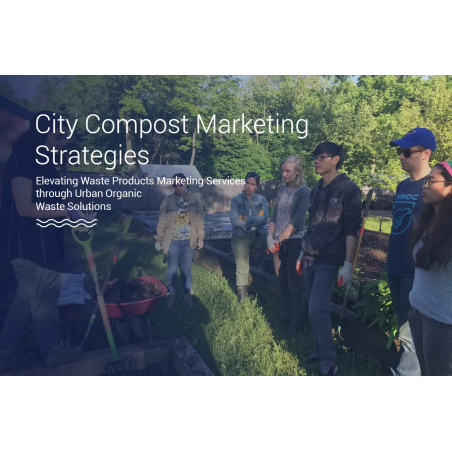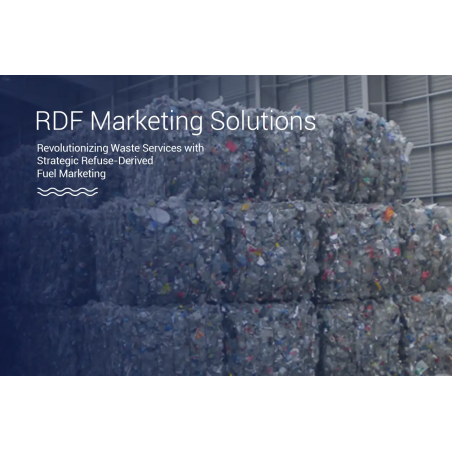Showing 1-2 of 2 item(s)
Waste Products Marketing Services
Turning waste into something useful is what Waste Products Marketing Services are all about. This includes making city compost from organic waste and creating Refused Derived Fuel (RDFs) from things we usually throw away. These products are great for the environment and can help reduce garbage. In the middle of all this, EnvMart helps by offering these amazing products directly from the people who make them, at the lowest prices. Plus, with free shipping and services available worldwide, it’s easy for any business, big or small, to get involved in making the world a cleaner place.
 width="452" height="452"
sizes="(max-width: 452px) 100vw, 452px">
width="452" height="452"
sizes="(max-width: 452px) 100vw, 452px"> width="452" height="452"
sizes="(max-width: 452px) 100vw, 452px">
width="452" height="452"
sizes="(max-width: 452px) 100vw, 452px">